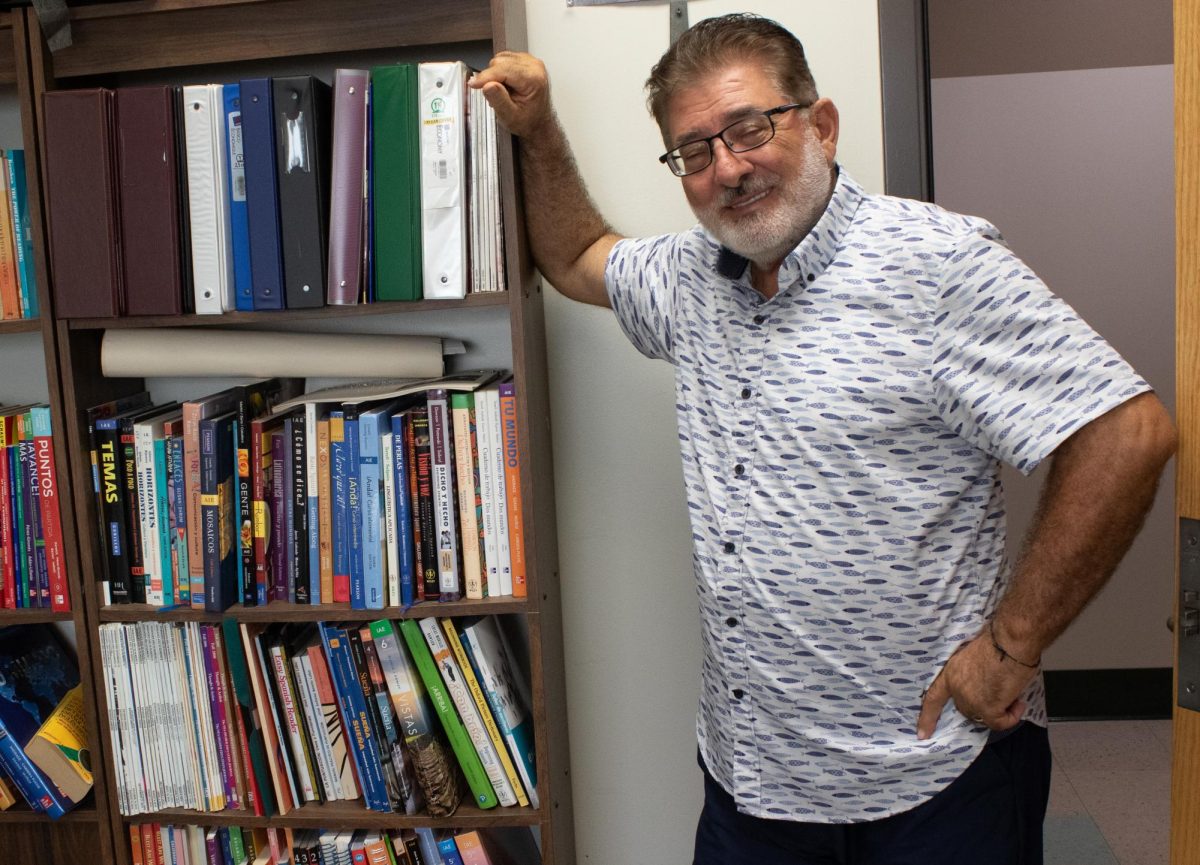Nursing program seeks to expand through distance education
April 10, 2002
A nursing shortage in California is forcing Sacramento State?s nursing program to develop more innovative ways of getting students trained and into nursing jobs more quickly.
In an effort to fill positions the health care system desperately needs, the nursing department is turning to distance education and eventually upping the number of students allowed into the program each year.
The department wants to increase the number of student nurses. but providing enough faculty to teach more classes is an obstacle.
Distance education can reach more students with fewer instructors, but Nelson said that integrating television and the Web into a profession that relies heavily on hands-on training is tough.
“One of the biggest challenges is figuring out how we can teach students the vital hands-on work through a computer or television screen,” Nelson said.
“How do you teach a student the proper way to insert a needle into a patients arm, or how to bathe them without physically showing them?”
The department decided to teach many of the theory-based courses through distance learning and keep technique courses in the classroom.
The goal of the department is to increase access to students, Nelson said.
“The more web and video-based classes we can provide for students the better,” she said. “It’s really all about access and increasing it relative to the nursing shortage.”
“A lot of students in the program aren’t from Sacramento, so the more people we can attract through these types of the classes, the closer we are to addressing the shortage needs” she said.
This semester, there are five video-based and four web-based courses offered.
Nelson said she hopes to add to those in the following semesters.
Seniors in the program have an additional option.
“Seniors can choose to have preceptors oversee their work in the hospital or clinic they work in,” Nelson said. “So students can get one-on-one attention with their course work while they’re at work.”
Preceptors are staff at hospitals or clinics that collaborate with CSUS faculty and students, create a work schedule, and make a contract for the days and times of instruction.
The department is considering accepting more students into the program as a way to help with immediate job placement after graduation.
“We’re looking at admitting students three times a year instead of two,” Nelson said. “By increasing enrollment, we can get people through the program faster, and in turn get them into jobs faster.”
The department enrolls 60 students a semester. By admitting students a third time during the year, the department would be able to enroll and additional 50 students annually.
Depending on the type of nurse a student wants to become determines how long it will take to get through the program.
According to Nelson, students complete the program between 2 and 3 years, depending on outside obligations to work and family.
Managed health care in California has drastically changed the nursing profession over the past few years, resulting in many registered and licensed vocational nurses working longer hours, seeing more patients and receiving less pay.Many felt the overall quality of care diminished; creating a disgruntled workforce that chose to leave the profession rather than see peoples needs go unattended. Their response also turned away aspiring nurses from entering the field.
“The profession has lost so many incredible nurses,” Nursing Chair Dr. Robyn Nelson said. “It’s unfortunate, but most people just couldn’t watch the standards and the quality of care go down.”
“We saw applications and enrollment take a nose dive,” she added.
Despite the shortage and the future challenges nursing faces, Nelson said she is confident that it is still a good time to enter the field.
“It’s such an exciting time. Very challenging, but very exciting,” she said.
“I want to help reverse the trend,” Nelson added. “And I think Sac State can make a difference.”
Nelson says the department is committed to providing progressive, flexible and interactive learning to students.
“You can get one education and have a thousand career choices,” she said.
“The opportunities with a nursing degree are limitless.”
Send comments, questions, or concerns to [email protected]
For questions or information regarding thesite, please contact [email protected]























































































































